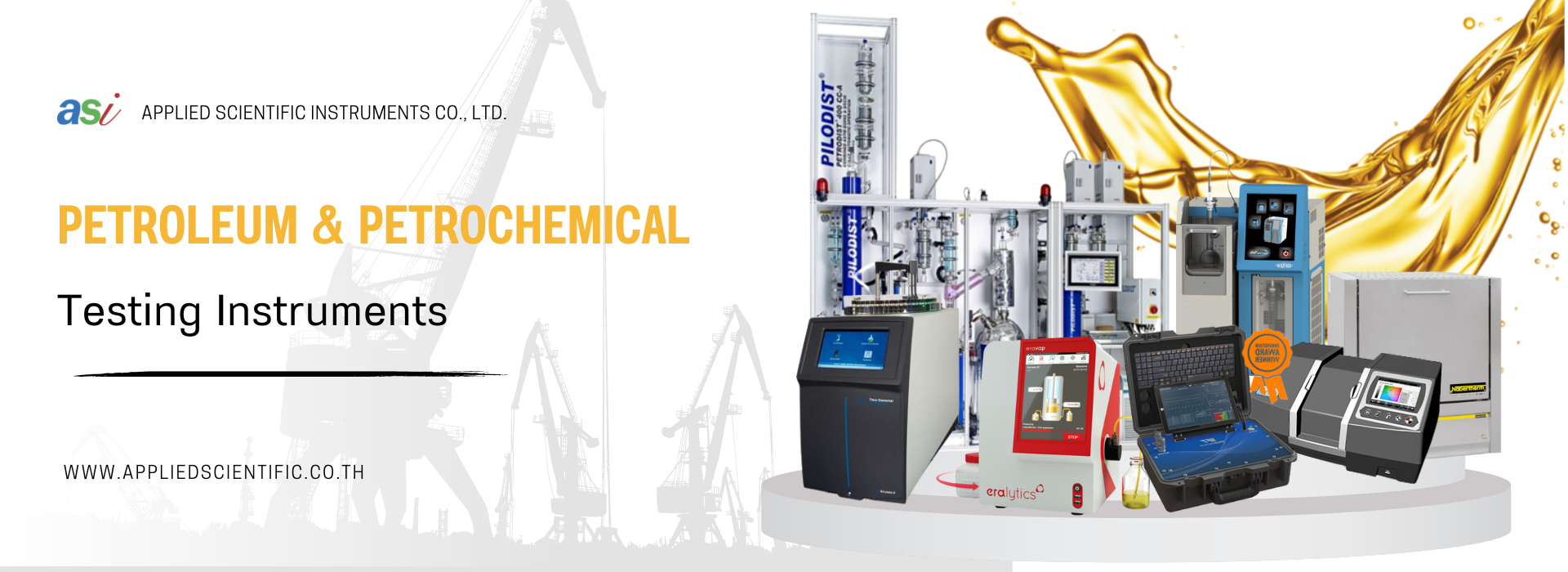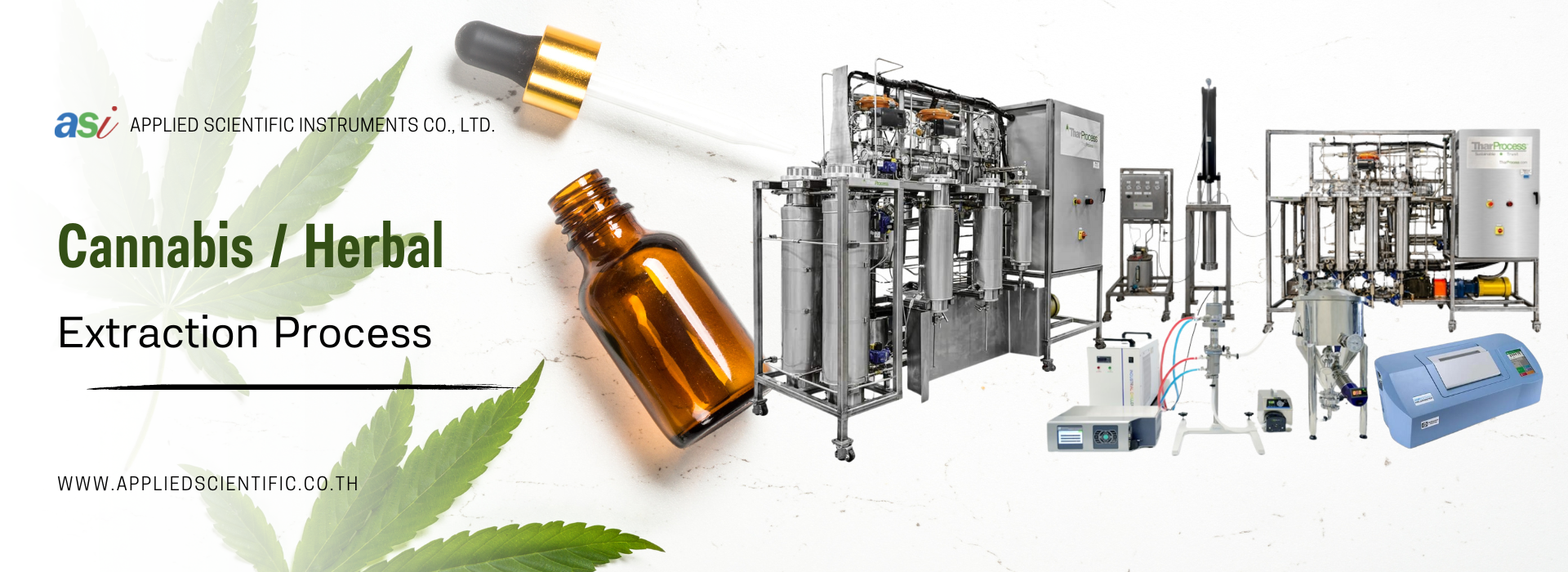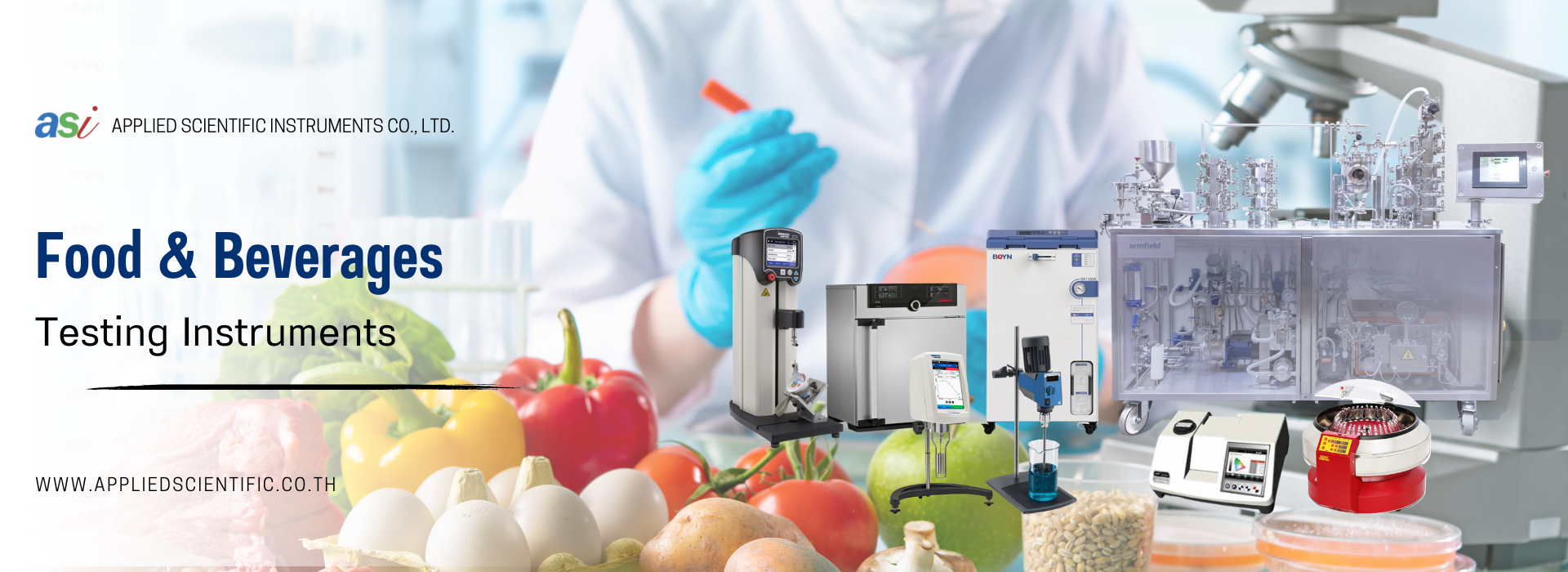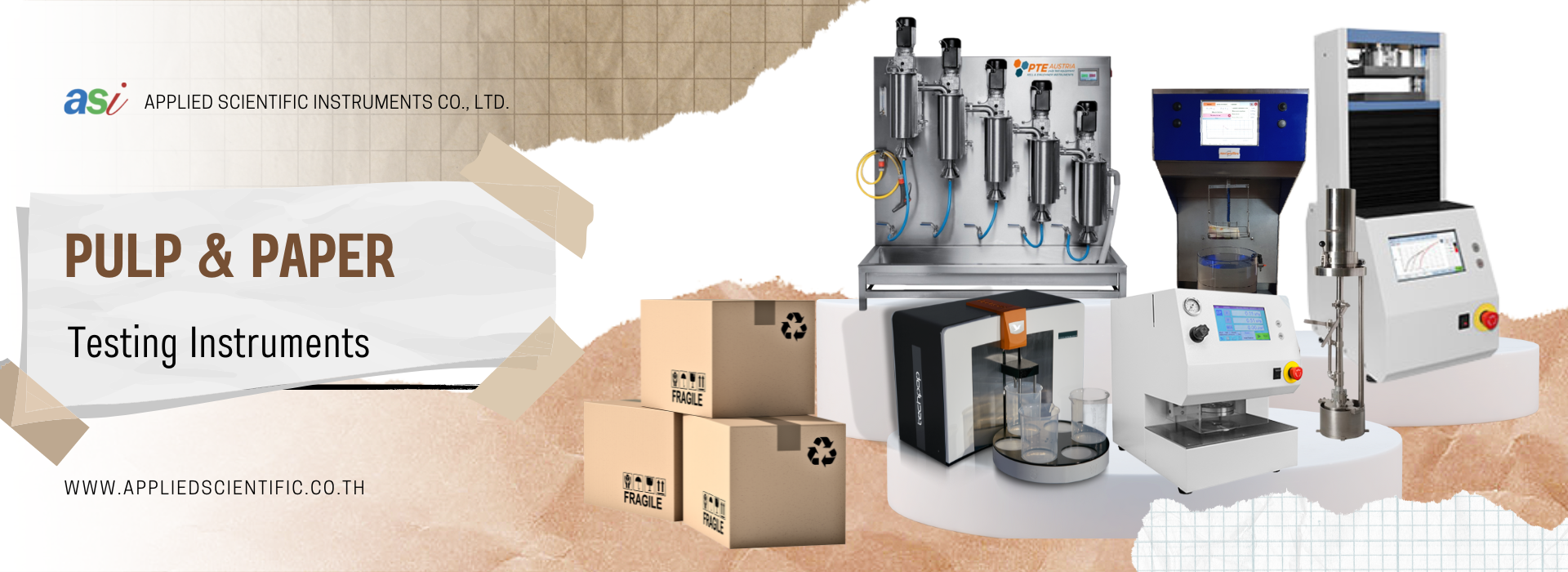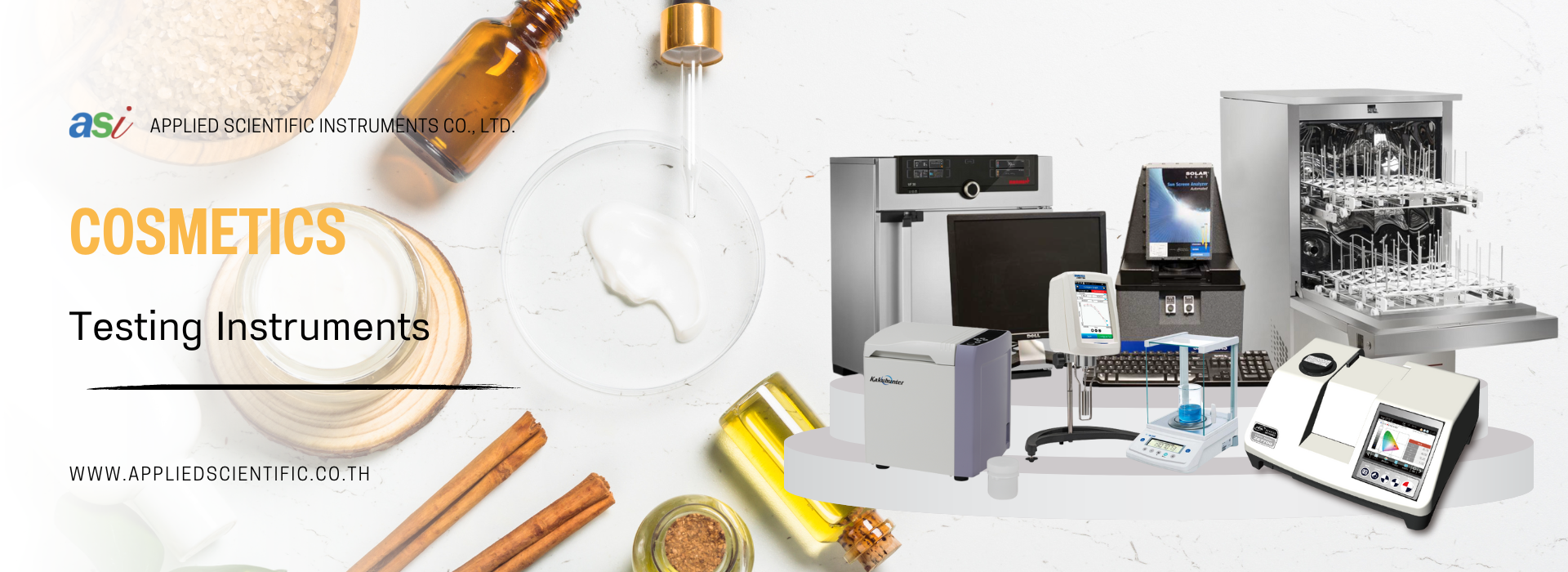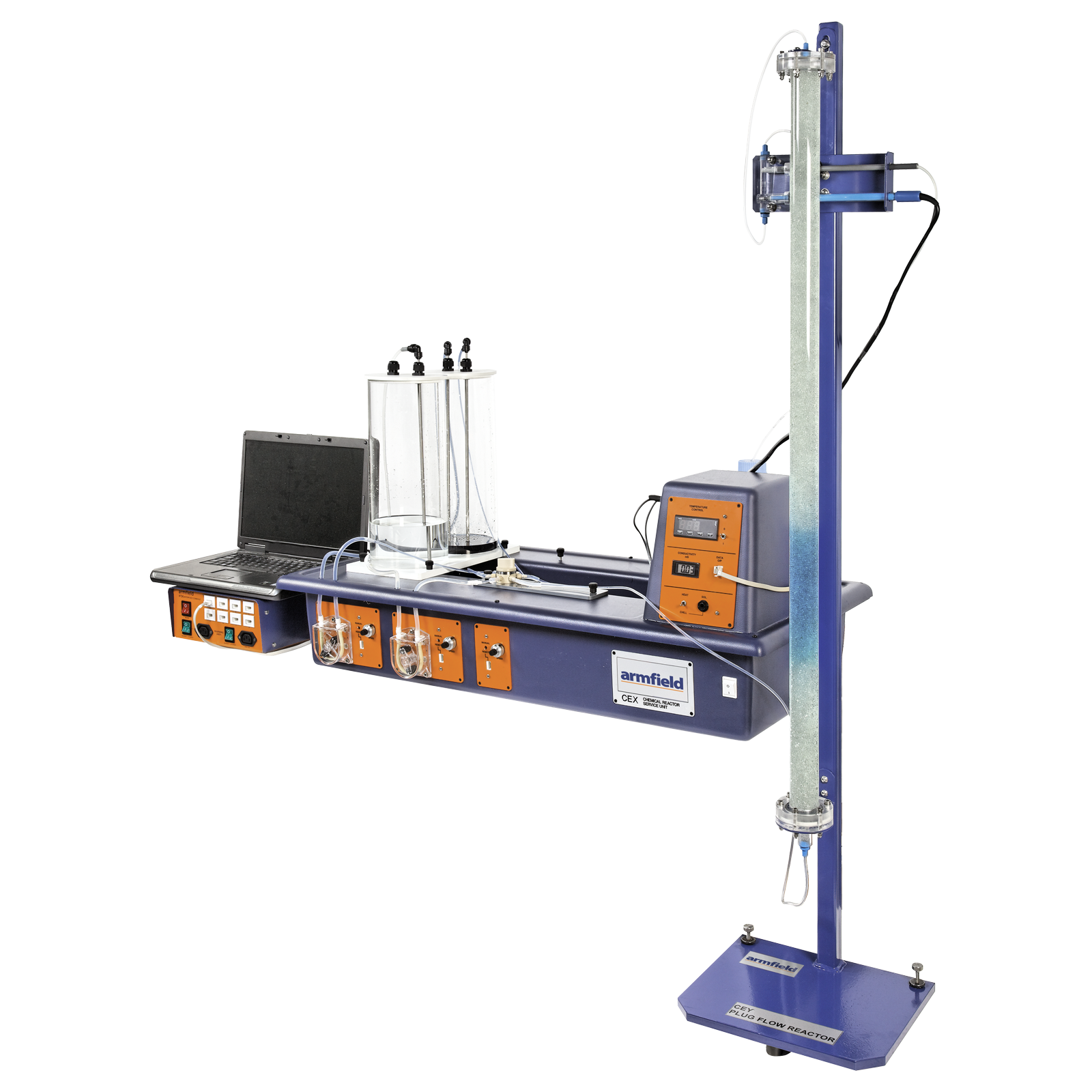
Plug flow reactor
29 พฤษภาคม 2566
ผู้ชม 598 ผู้ชม
DESCRIPTION
The CEY Plug flow reactor demonstrates step and pulse changes for plug flow characterisation and steady-state conversion for a second order reaction. It is a tubular packed column reactor made of clear acrylic and mounted on a steel frame. A static premixer at the bottom of the column provides premixing of the reagents entering the reactor to improve the flow distribution.
A clear acrylic sensor block is mounted on the floor standing frame and houses the CEXC conductivity and temperature sensors. The reagents are fed to the reactor by the CEXC feed pumps using PTFE tubing. A six-port injection valve fitted to the CEXC is used to provide the step or pulse input changes of the reagents.
Tracer experiments and conversion experiments may be demonstrated and followed visually. Conductivity data logging allows the student to apply the flow pattern characterisation theory and compare it with the experimental results.
TECHNICAL SPECIFICATIONS
- A small-scale plug flow reactor for use with the CEXC designed to demonstrate both flow pattern characterisation and steady state conversion in a packed tubular reactor with axial dispersion
- The reactor column is 1044mm long with a 1L working volume. It is packed with 3mm diameter glass beads
- A feed assembly is supplied with the reactor which consists of a six-port injection valve mounted on a base plate and a feed vessel assembly with heat exchangers for cooling for use with the CEXC and the CW-17
- The reactor assembly is mounted on a painted frame and includes a sensor block for the conductivity and temperature sensors from the CEXC
- Can perform flow visualization where the progress of the reaction can be monitored visually using colour
- Can also perform true reactions where the progress of the reaction is recorded using the CEXC conductivity sensor and compared with the theory
EXPERIMENTAL CONTENT
- Determination of the residence time distribution of a Plug Flow reactor
- Study of the reactor response to different perturbations:
-
– Step and pulse change
– Effect of flow rate and feed concentration on the determination of flow pattern
– Demonstration of the flow pattern in the reactor and comparison with the theoretical model
– Determination of the steady-state conversion of a second order reaction
– Effect of flow rate and feed concentration on the steady-state conversion
– Visual demonstration of the reactor response with tracer techniques
– Visual monitoring of the steady-state conversion for a chemical reaction


